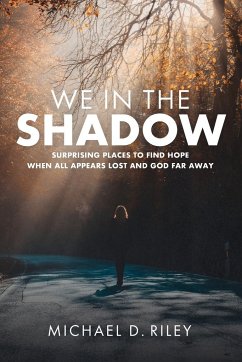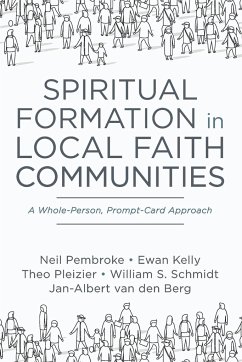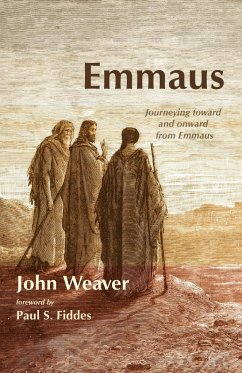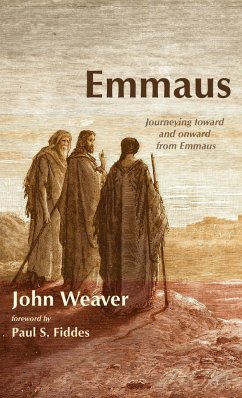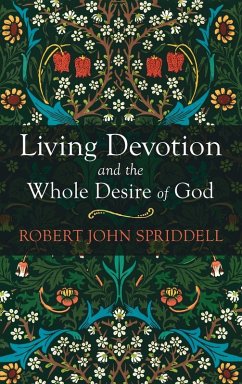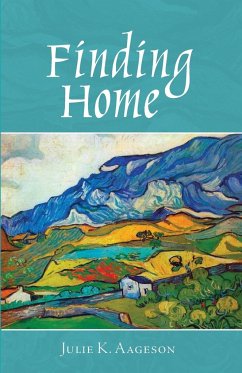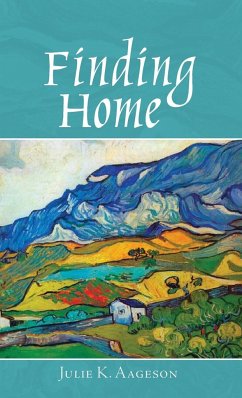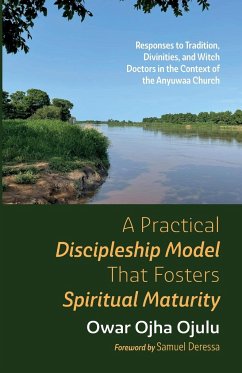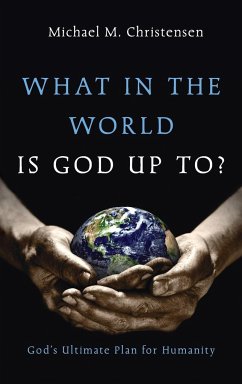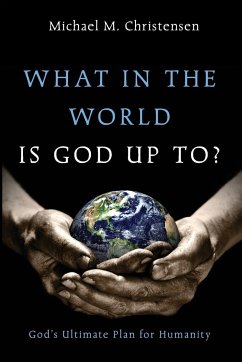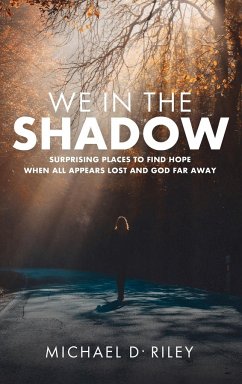
We in the Shadow
Versandkostenfrei!
Versandfertig in 1-2 Wochen
34,99 €
inkl. MwSt.
Weitere Ausgaben:

PAYBACK Punkte
17 °P sammeln!
For centuries the belief that God was directly engaged in our individual lives has comforted untold numbers of people, but today that belief is being challenged by many within the community of faith. The randomness of violence, innocent suffering, and inexplicable evil has pushed believers to question whether God is personal in any meaningful way. How can we believe that God is involved in our daily lives when so often God appears deaf to our prayers and indifferent to our broken world? We in the Shadow explores how or in what way God may be personal. Unless this question can somehow be though...
For centuries the belief that God was directly engaged in our individual lives has comforted untold numbers of people, but today that belief is being challenged by many within the community of faith. The randomness of violence, innocent suffering, and inexplicable evil has pushed believers to question whether God is personal in any meaningful way. How can we believe that God is involved in our daily lives when so often God appears deaf to our prayers and indifferent to our broken world? We in the Shadow explores how or in what way God may be personal. Unless this question can somehow be thoughtfully and practically answered, faith will be viewed as an option only for those who skim over the incomprehensibly cruel surfaces of life with eyes closed and fingers stuck firmly in their ears.





